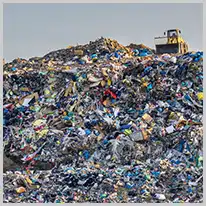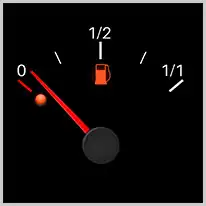Vocabulaire
Apprendre les adverbes – Coréen

저기
저기로 가서 다시 물어봐.
jeogi
jeogilo gaseo dasi mul-eobwa.
là-bas
Va là-bas, puis pose à nouveau la question.

아침에
나는 아침에 일찍 일어나야 한다.
achim-e
naneun achim-e iljjig il-eonaya handa.
le matin
Je dois me lever tôt le matin.

꽤
그녀는 꽤 날씬합니다.
kkwae
geunyeoneun kkwae nalssinhabnida.
assez
Elle est assez mince.

자주
우리는 더 자주 만나야 한다!
jaju
ulineun deo jaju mannaya handa!
souvent
Nous devrions nous voir plus souvent!

이미
그 집은 이미 팔렸습니다.
imi
geu jib-eun imi pallyeossseubnida.
déjà
La maison est déjà vendue.

곧
여기에는 곧 상업용 건물이 개장될 것이다.
god
yeogieneun god sang-eob-yong geonmul-i gaejangdoel geos-ida.
bientôt
Un bâtiment commercial ouvrira ici bientôt.

어디든
플라스틱은 어디든 있습니다.
eodideun
peullaseutig-eun eodideun issseubnida.
partout
Le plastique est partout.

거의
거의 자정이다.
geoui
geoui jajeong-ida.
presque
Il est presque minuit.

정말로
나는 그것을 정말로 믿을 수 있을까?
jeongmallo
naneun geugeos-eul jeongmallo mid-eul su iss-eulkka?
vraiment
Puis-je vraiment croire cela ?

결코
결코 신발을 신고 침대에 들어가지 마세요!
gyeolko
gyeolko sinbal-eul singo chimdaee deul-eogaji maseyo!
jamais
Ne jamais aller au lit avec des chaussures !

거의
연료 탱크는 거의 비어 있다.
geoui
yeonlyo taengkeuneun geoui bieo issda.
presque
Le réservoir est presque vide.

